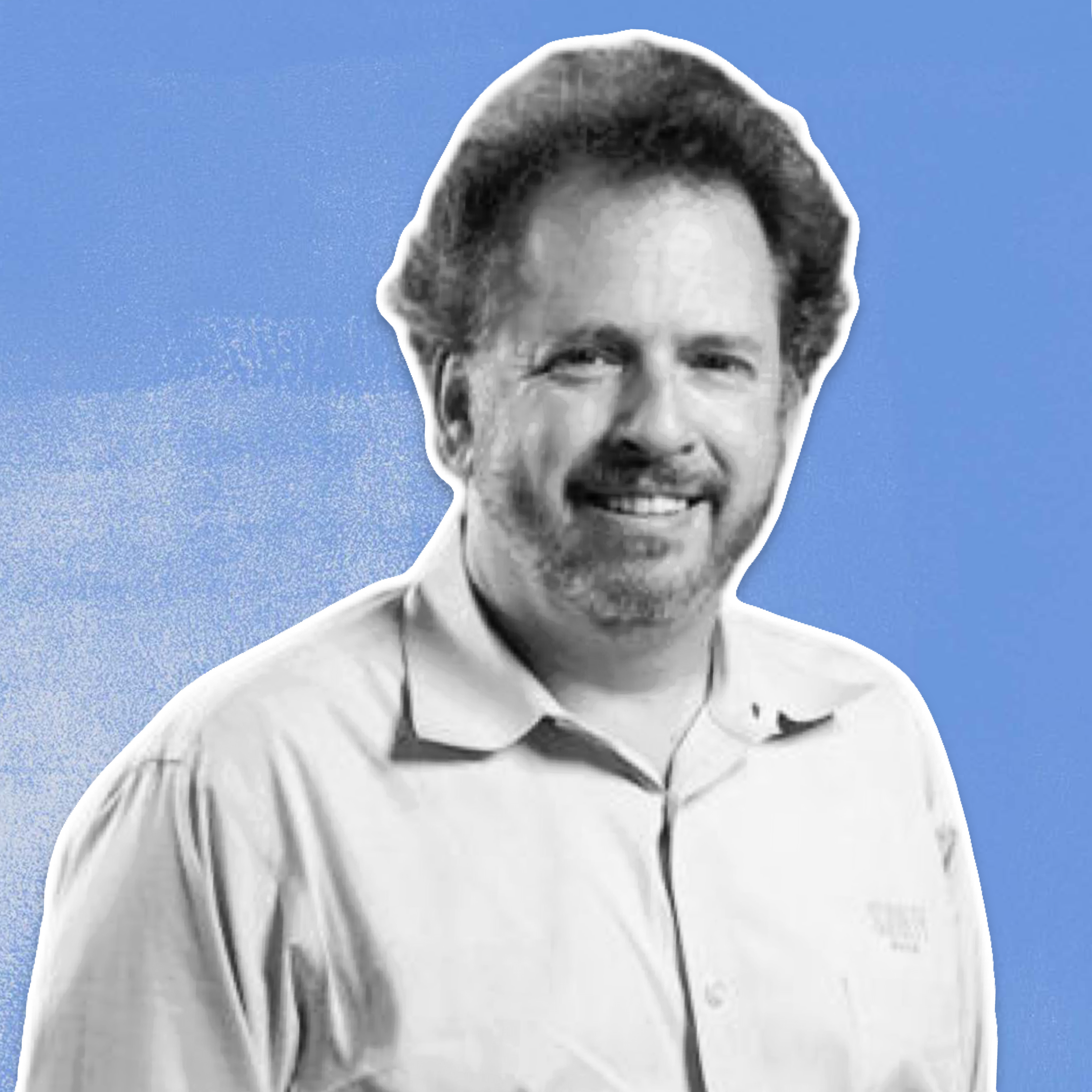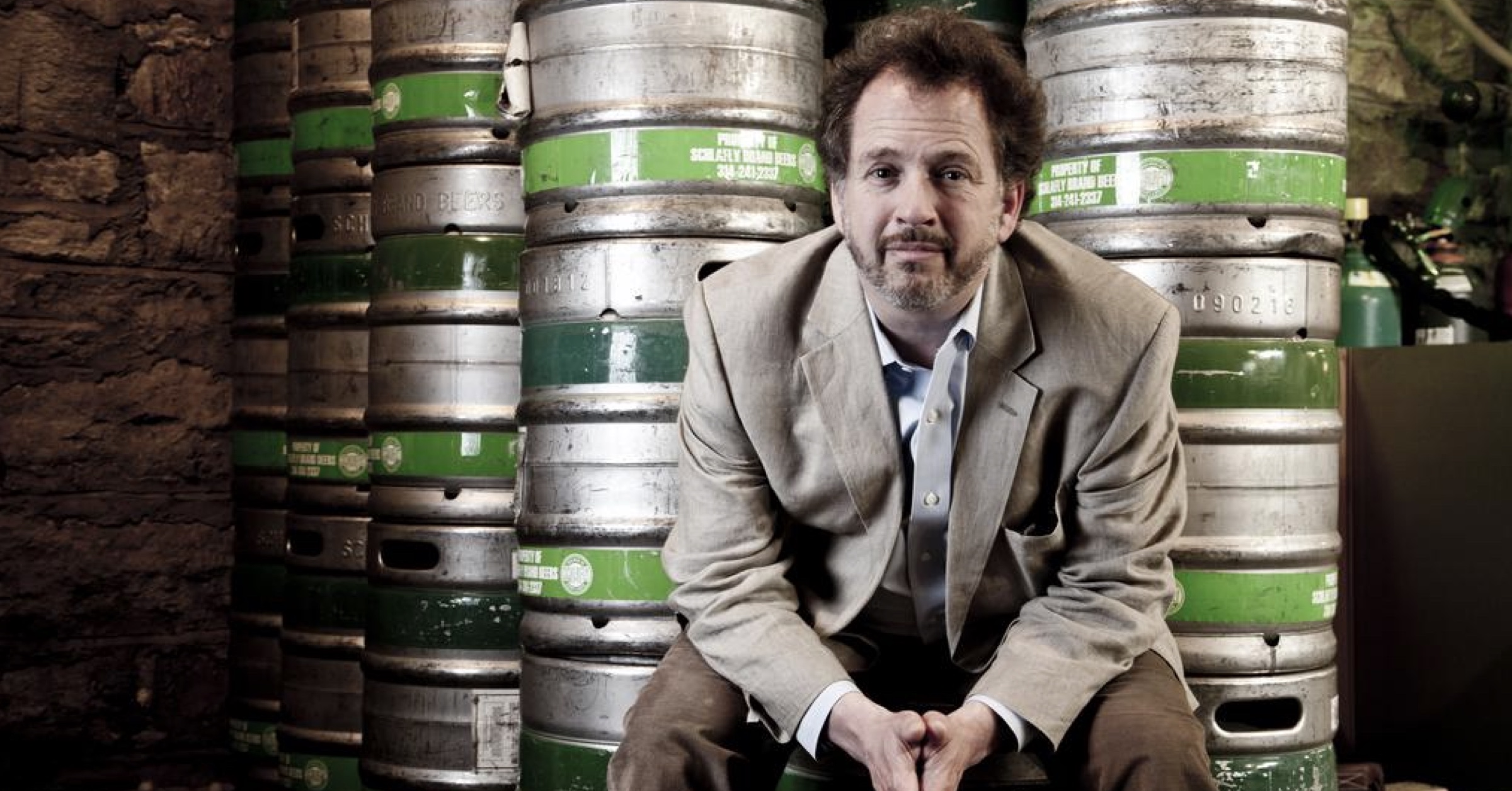
Darby Joyce
Content Marketing Coordinator
The Kogod School of Business prides itself on providing students the opportunity to learn from faculty who are practitioners in their respective fields. Professor Dan Kopman, an expert in the brewing and hospitality field, teaches Kogod’s Business 1.0, Management and Organizational Behavior, and Strategic Management courses. Kopman has worked in beer production since the 1980s and brings the experiences one can only get as an entrepreneur —including working with private equity firms—to the classroom.
Professor Kopman became involved in the brewing industry while studying abroad at Edinburgh University and began his career in London. He eventually returned to the US, where he first became a part of the Kogod community in 2019 after being approached as CEO of Heavy Seas Beer to participate in the 2019 Kogod capstone project. Following the project, Kopman wanted to continue to provide hands-on learning experiences for Kogod students. He reached out to his connections at the school and was quickly added to the team.
Professor Kopman and his business partner, Tom Schlafly, founded Schlafly Beer in St. Louis, Missouri, in December 1991. Kopman served as the brewery’s CEO until 2017, and continues to be involved in the brewing industry as a senior policy advisor for the Worldwide Brewing Alliance. He uses lessons from his almost 30 years with the company to educate Kogod students. Working for Schlafly Beer allowed Kopman to make professional connections while investing in his hometown and improving its economic prospects with new job opportunities and national production.
By 2010, the brewery was growing exponentially, and Kopman and Schlafly began exploring options to fund further expansion. Their search led them to a local private equity firm, Sage Capital. Sage Capital invested in the business, providing new capital while also marking a shift in business philosophy for Kopman and his partner.
When we started, we had capital at risk but no specific plan for investment returns. We focused on survival and growth. The private equity firm had a specific plan and a timeline since they had expectations built around their model."

Dan Kopman
Kogod Professor
With that in mind, Professor Kopman recommends that entrepreneurs in similar situations ensure that their business’s goals align with those of the firms they work with. “Make sure that the company’s and the private equity firm’s expectations are aligned,” he said. “These firms want to see a positive social and environmental impact on their businesses, but they invest with a rigid financial plan. They’re not likely to adapt to a new one.”
Kopman also advises Kogod students to keep the broader world in mind when pursuing entrepreneurial opportunities. Throughout his career, Kopman has especially valued the chance to get to know the people he works with, and he believes strongly in leaving business environments better than he found them.
“In my conversations with students, I challenge them to think beyond the concept of entrepreneurship to create products and services that will deliver global change. I stress the critical place of entrepreneurs to bring positive changes to one neighborhood, to one community.”

Dan Kopman
Kogod Professor
In the United States, where many employees work for small- or medium-sized businesses, the Kogod School of Business is in a key position to prepare future entrepreneurs to lead while considering the organization and the world in which it exists.
